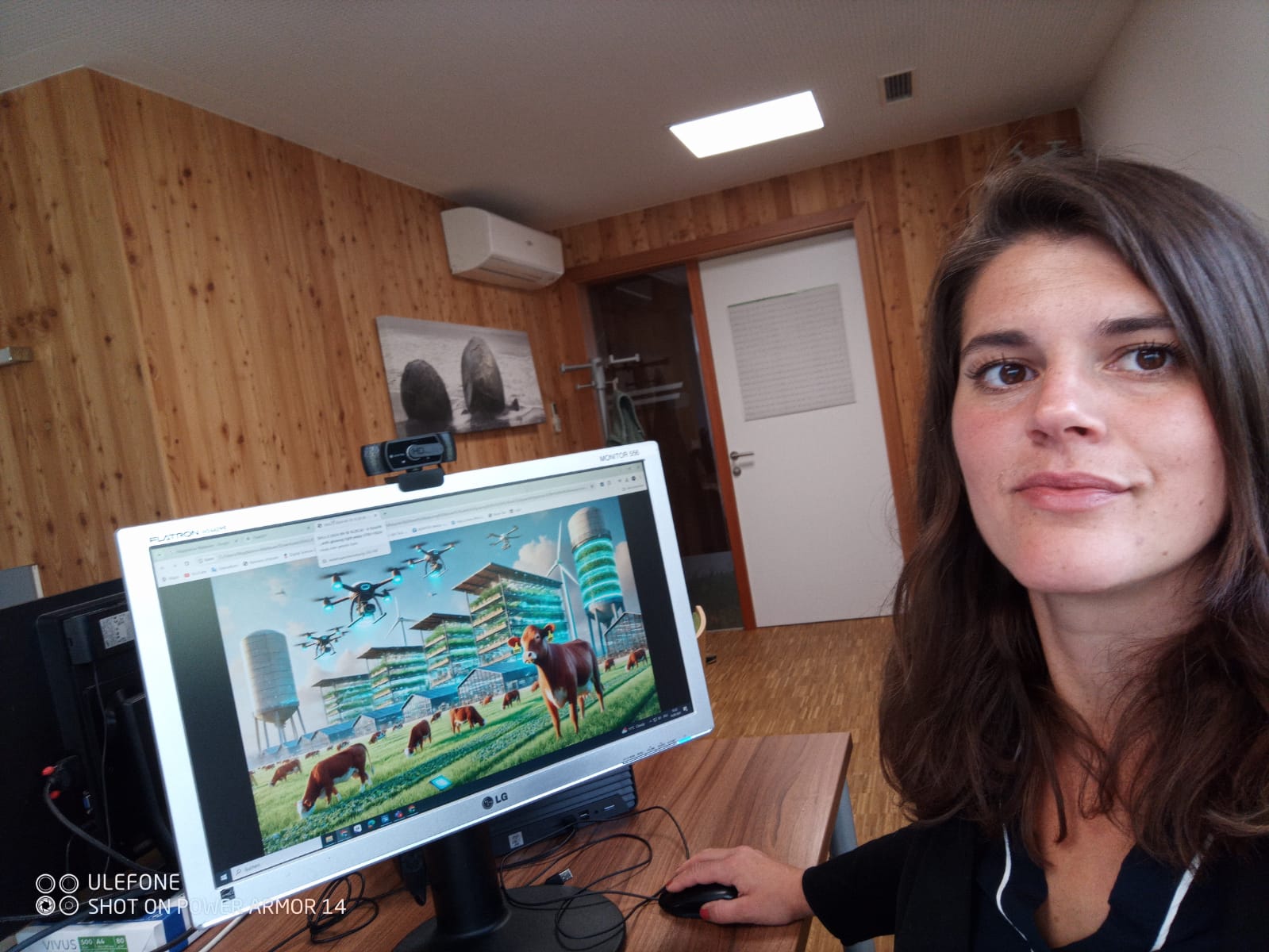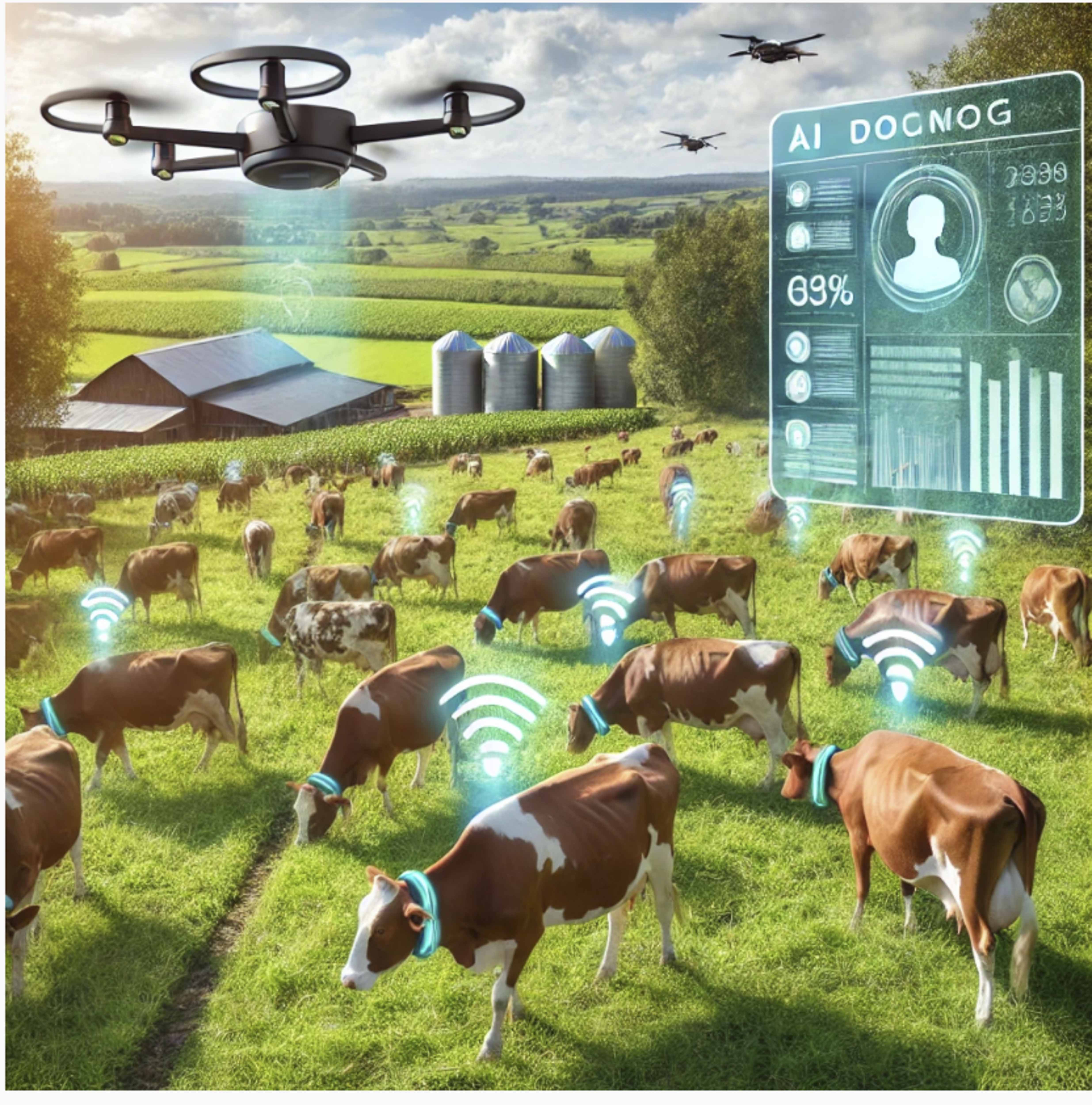The public discourse about artificial intelligence (AI) in agriculture is rarely neutral. The hype of the last two years has led to a certain idealization of AI as the answer to all the challenges of our time, while at the same time there is great uncertainty about its possible impact on all of our lives. The need for simple explanations and concrete instructions for action is great.
In this episode we talk about fundamental misunderstandings when dealing with “AI” and what international research on the topic looks like. We reflect on what is important for a constructive use of the new technology and whether future generations may deal with it differently. The discourse ranges from the humanization of technology , which often leads to misjudgments, to a critical examination of the limitations and challenges associated with AI-controlled systems on farms.
What risks arise when AI systems work on the basis of incorrect data? What responsibility do people have when dealing with these technologies? These and other questions are examined from different perspectives in order to promote a holistic understanding of the complex relationships.
Magdalena Waldauer works in the agrifoodTEF project to support the development of AI and robotics tools with real test environments and reliable data from practice. As part of a pan-European network of nine countries, the project is intended to enable small and medium-sized enterprises (SMEs) in particular to advance their technologies and improve their reliability.
If you are enthusiastic about these topics or would like to find out more about them, we invite you to listen to our podcast:
If you are interested in the topic discussed by Mr. Priv. Doz. Dr. Andreas Steinwidder and Mr. DI Alfred Pöllinger-Zierler are discussed, then please take a look at our podcast:









